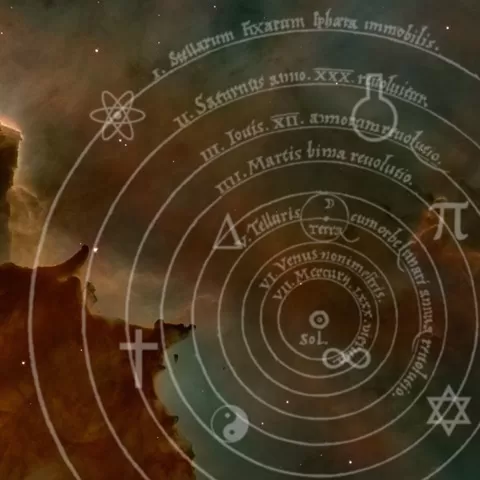Course Description
What is our role in the universe as human agents capable of knowledge? What makes us intelligent cognitive agents seemingly endowed with consciousness?
This is the second part of the course ‘Philosophy and the Sciences’, dedicated to Philosophy of the Cognitive Sciences. Scientific research across the cognitive sciences has raised pressing questions for philosophers. The goal of this course is to introduce you to some of the main areas and topics at the key juncture between philosophy and the cognitive sciences.
Each week we will introduce you to some of these important questions at the forefront of scientific research. We will explain the science behind each topic in a simple, non-technical way, while also addressing the philosophical and conceptual questions arising from it. Areas you’ll learn about will include:
Philosophy of psychology, among whose issues we will cover the evolution of the human mind and the nature of consciousness.
Philosophy of neurosciences, where we’ll consider the nature of human cognition and the relation between mind, machines, and the environment.
Learning objectives
Gain a fairly well-rounded view on selected areas and topics at the intersection of philosophy and the sciences
Understand some key questions, and conceptual problems arising in the cognitive sciences.
Develop critical skills to evaluate and assess these problems.
Suggested Readings
To accompany ‘Philosophy and the Sciences’, we are pleased to announce a tie-in book from Routledge entitled ‘Philosophy and the Sciences for Everyone’. This course companion to the ‘Philosophy and the Sciences’ course was written by the Edinburgh Philosophy and the Sciences team expressly with the needs of MOOC students in mind. ‘Philosophy and the Sciences for Everyone’ contains clear and user-friendly chapters, chapter summaries, glossary, study questions, suggestions for further reading and guides to online resources.
Please note, this companion book is optional – all the resources needed to complete the course are available freely and listed on the course site.





